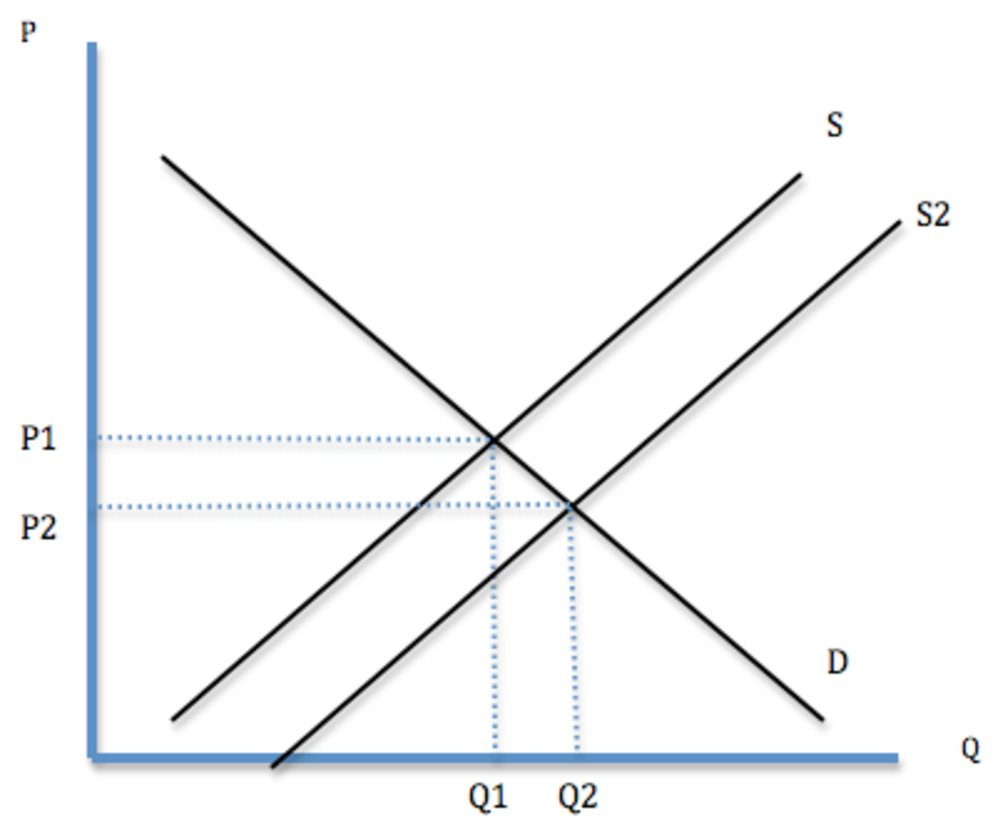
The Financial Times has a story with a headline that caught my attention:
The eurozone’s strange low-wage employment boom
Alexandru is one of the luckier ones. A 24-year-old who emigrated to Italy from Romania at the age of 12, he has recently secured a job with a permanent contract as a printer at a typographer in a small town near Milan.
“It’s a good place,” he says of his new employer. “Now if I’m sick, they pay me. I have holidays, I have insurance. In the firm I worked for before, I didn’t have anything.”
Good news, but economists are puzzled:
The recovery in the eurozone’s labour market has taken economists by surprise. Businesses are creating jobs at a pace that few had foreseen. But while there is little doubt that the region is getting back to work, there are big question marks about the quality of the jobs being created.
Wage growth remains poor, even in stronger economies such as Germany.
I suspect that two things confuse many economists:
1. In some older Keynesian models, higher wages lead to higher aggregate demand. Keynes himself criticized wage cutting as a cure for depression, claiming it would only serve to further depress aggregate demand. (Keynes is not popular in Germany, which ignored his advice and achieved dramatically lower unemployment rates.)
2. In modern Keynesian (Phillips curve) models, tighter labor markets are associated with rising wages. Admittedly that might not be expected in southern Europe, where economies are still weak despite recent job gains, but Germany has very low unemployment.
Here’s what is actually going on:
When you start thinking about “never reason from a price change“, it’s hard to think of anything else.
PS. When I first read that FT headline, I was reminded of the old New York Times headline, which said something to the effect: “Prison populations keep expanding, despite fall in crime rate”.

READER COMMENTS
Andrew_FL
Jul 6 2017 at 10:09am
This has in common with the wage story that it describes a supposed paradox which is not in fact a paradox. But the error in this case is that the prison population should be expected to vary something like proportionally with the *integral* of the crime rate (minus the rate at which inmates leave prison, in one way or another)
Is this referring to the Great Depression?
Hana
Jul 6 2017 at 5:55pm
James Taranto, ‘Fox Butterfield Effect’
Benito
Jul 7 2017 at 6:14am
So according to the model presented, the employment boom is caused by an increase in labour supply.
Is this because of a growing population, higher workforce participation or another factor I’m not thinking of?
Hazel Meade
Jul 7 2017 at 11:01am
Did Europe lower minimum wages or liberalize labor markets? Why did these low wage jobs not exist before?
Scott Sumner
Jul 7 2017 at 12:05pm
Andrew, I am referring to the German labor market reforms of 2004, which reduced wages in an attempt to increase employment. Keynes said that sort of policy would not work, but it did.
Hana, Thanks, I had not heard that term before.
Hazel, There have been some labor market reforms, but I don’t know all the details. Some of the decline in unemployment is simply sticky wages responding with a lag.
Thaomas
Jul 8 2017 at 2:05am
Are academic economists — serious people like Brad de long or Larry Summers — puzzled or are “macro media” folks puzzled?
Thaomas
Jul 8 2017 at 2:13am
And the confusion appears to result from reasoning from a quantity change.
Henry
Jul 9 2017 at 1:02pm
It could be because when we had the great recession in 2008 it destroyed a lot of good wage jobs that where available before the recession like manufacturing and factory jobs. Most of the jobs available now for the average citizens in American and Europe are service jobs that less skilled and pay less. Also we are probably still recovering from the great recession because the recovery always takes much longer the recession so it could be a couple more years before we see average wages increase again.
Parleo
Jul 10 2017 at 6:56am
Here’s a good overview of the effects of the 2012 labor reforms in Spain. Disclaimer: I was laid off with less than expected compensation thanks to them :-/
https://www.thelocal.es/20170521/spains-labour-reform-delivers-jobs-but-at-a-cost
Comments are closed.